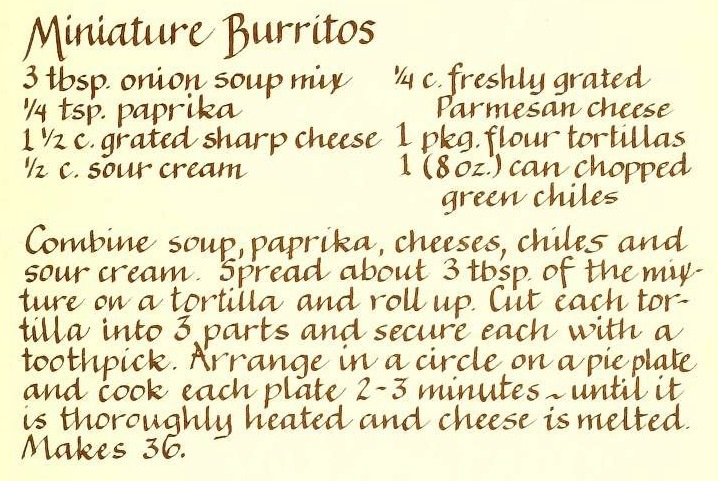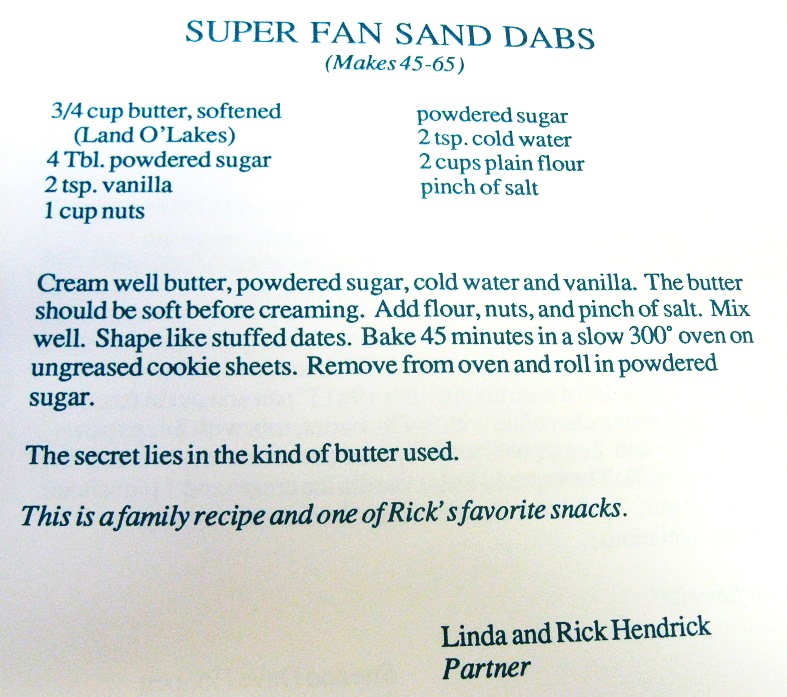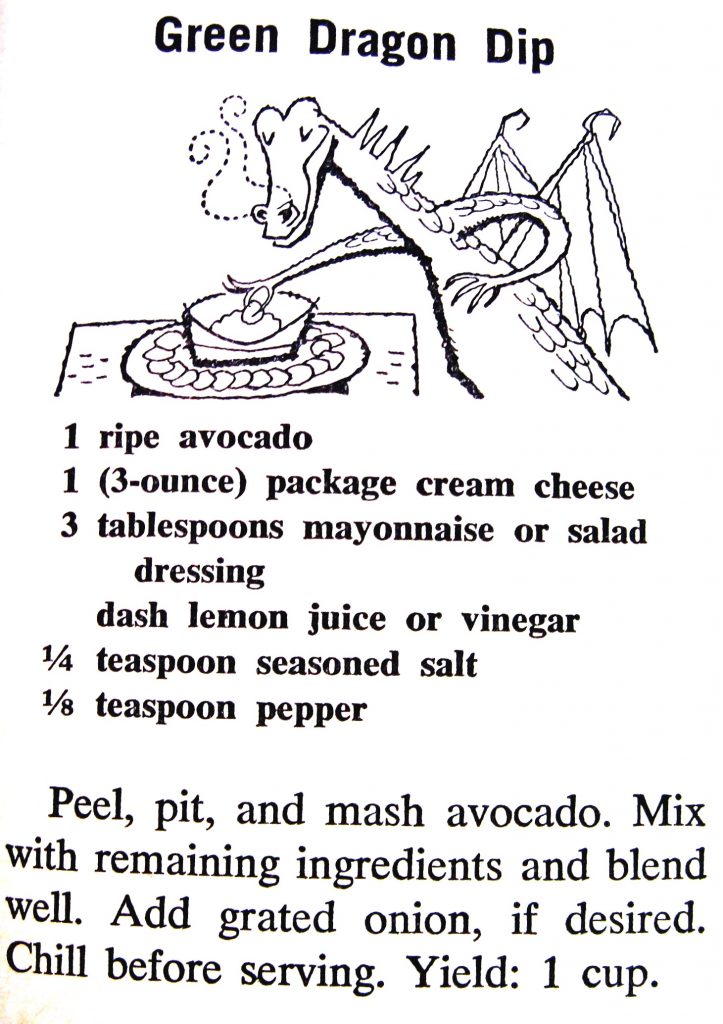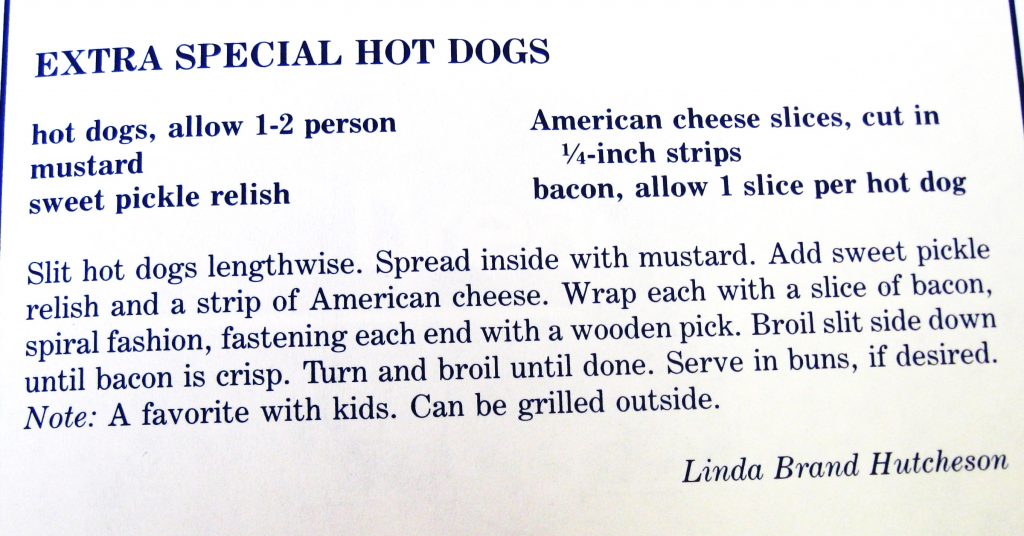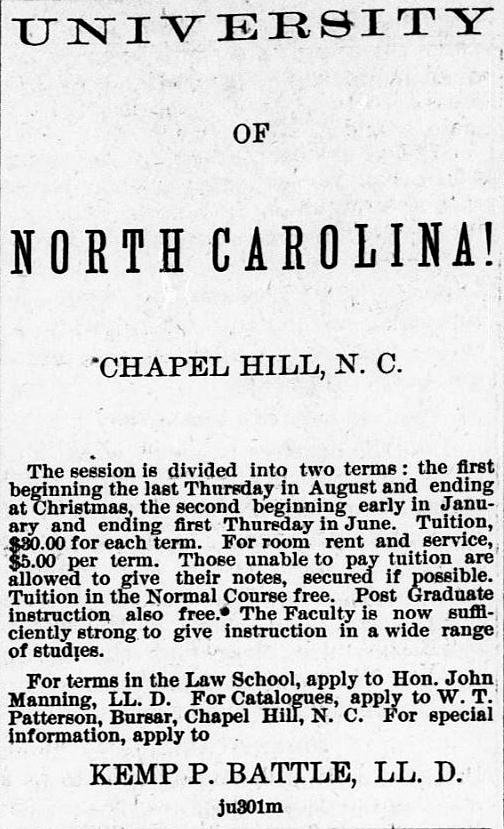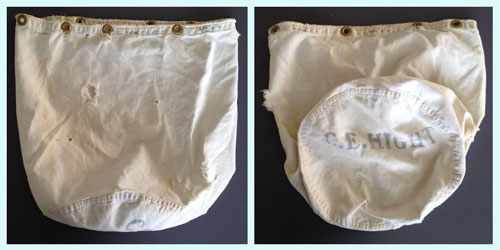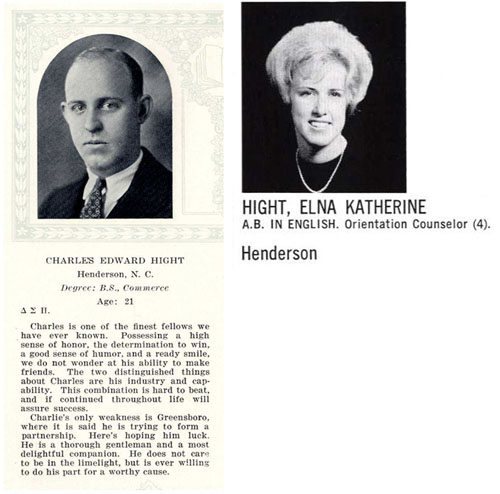“A radically tolerant American palate drove the development of American foodways, necessarily requiring settlers — freemen, slaves, and servants; men, women, and children — to remain temperamentally open to any number of unexpected culinary influences that might, one way or another, quietly shape the national diet while citizens were otherwise preoccupied with more remunerative endeavors.
“First among such influences were Native American eating habits. This intercultural influence was most evident in the South, where Native American/European interactions were especially common. Where else in the world, at this point in time (1712), could an English settler find himself eating, as the surveyor John Lawson did on the Carolina frontier, ‘raccoon and ground nuts,’ a stew of possum and teal meat, and ‘two young Fawns taken out of the doe’s bellies and boiled in the same slimy bags nature had placed them in’? Veritably nowhere. And, notably, Lawson didn’t bat an eyelash at the experience. In fact, he generously deemed the preparations of his Indian guides to be ‘a new fashioned cookery.’ ”
— From “What Makes American Cuisine American?” by James McWilliams at Pacific Standard



